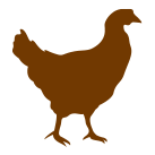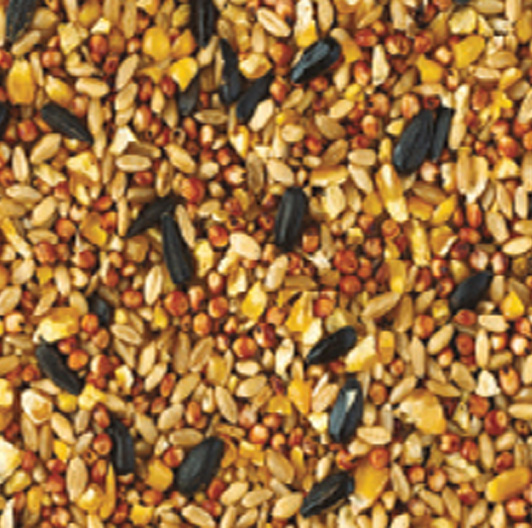FEEDING FOR SUCCESS
The diet of domesticated chickens should aim to provide a similar range of nutrients to what they would get in the wild. It should also encourage the chicken’s natural foraging behaviours. Your garden is unlikely to provide everything your chooks need in sufficient quantities, especially if they’re laying hens, so commercial feeds (which also include complete vegetarian varieties) are indispensable for a happier, healthier flock.
FEEDING FOR LIFE STAGE
Just like us, chickens have different dietary requirements at different stages of life. Chicks will mature in only a few months, so they require a diet that can provide the nutrients needed for rapid growth and feather development. As such, chick feeds have higher levels of energy and protein than adult bird feeds. Chicks also need their feed supplied in a form that they can eat with their much smaller beaks.
Once pullets are fully feathered, their energy requirements are reduced. Feeding layer pullets aims to maintain a growth rate that will lead to the pullet reaching physical maturity at the desired age. And just like us, it’s important to regulate her diet to avoid obesity.
Adult layer feeds are different again, aimed at providing a balanced diet that supports consistent egg production, while maintaining healthy weight and overall condition.




